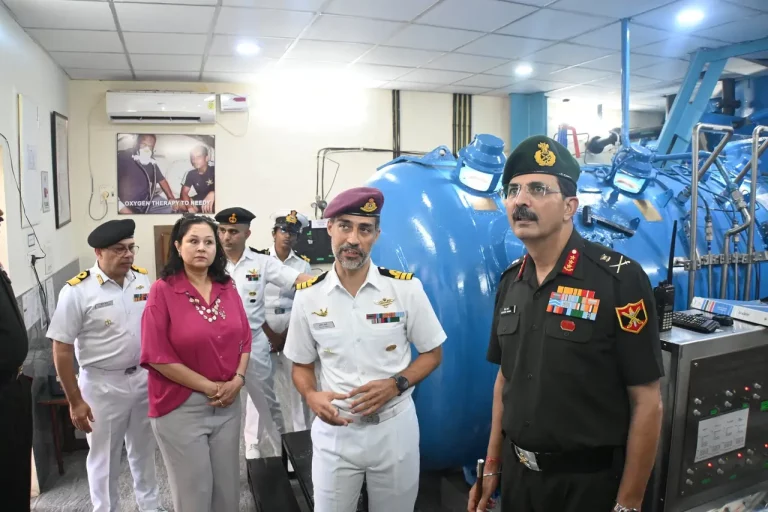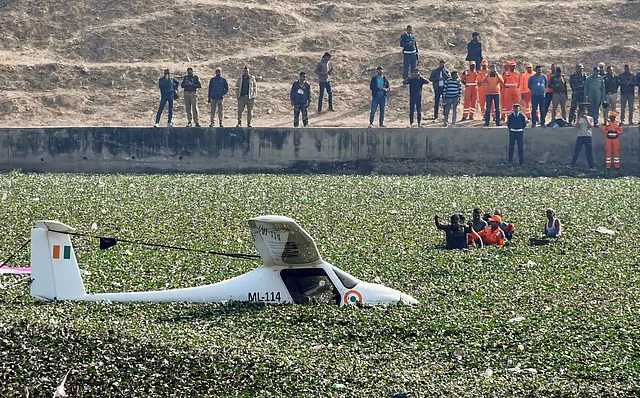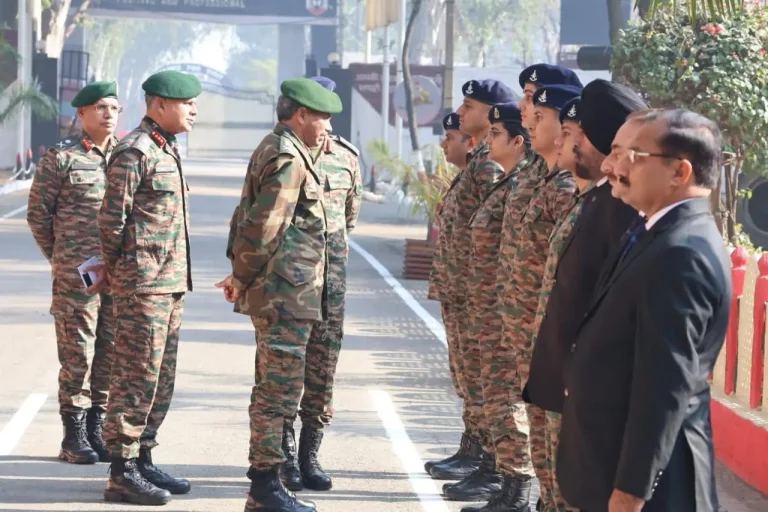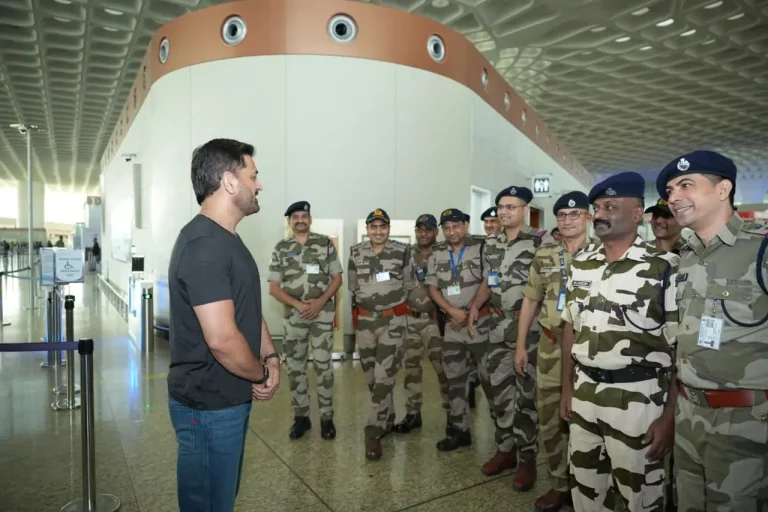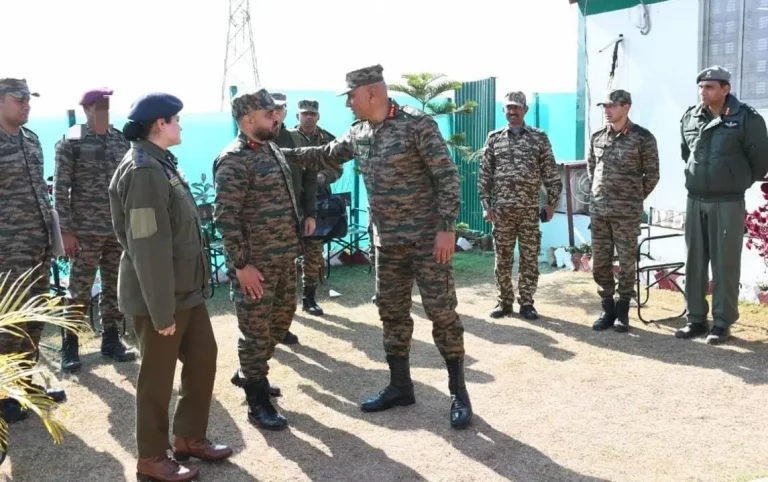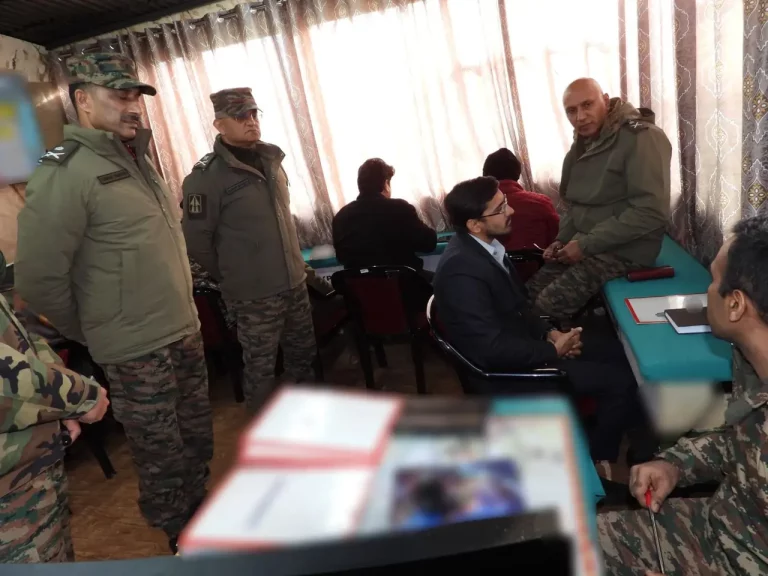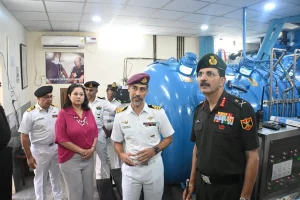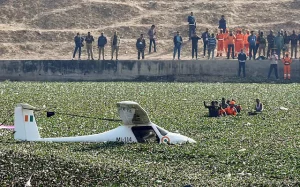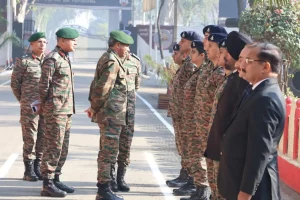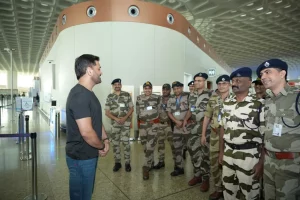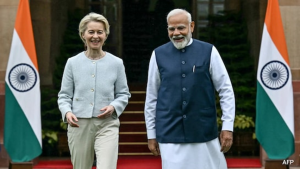In a significant development aimed at enhancing the maintenance and operational readiness of India’s Rafale fleet, French defense giant Thales is set to station a representative permanently at the Indian Air Force’s Ambala Air Force Station. This facility is home to the Indian Air Force’s first Rafale fighter squadron, and the stationed representative will be tasked with overseeing on-ground technical support, maintenance, and system diagnostics for the aircraft’s advanced avionics, radar, and electronic warfare systems.
This move is part of India’s Rafale sustainment and performance-based logistics (PBL) framework, signaling Thales’ long-term commitment to ensure uninterrupted mission availability of the Rafale fleet. The initiative aims to streamline repair and servicing cycles, facilitate faster troubleshooting, and enhance spares management—factors that are crucial for maintaining high sortie rates and overall combat readiness.
Thales provides several mission-critical systems for the Rafale, including the RBE2 AESA radar, the SPECTRA electronic warfare suite, as well as advanced communication and sensor packages. The representative’s sustained presence at Ambala is expected to enable real-time diagnostics and support. However, it also underscores India’s ongoing reliance on French original equipment manufacturers (OEMs) for avionics maintenance until local servicing capabilities develop through technology transfer and indigenous upgrades.
This decision arrives in the wake of previous tensions surrounding the integration of Indian-developed systems, such as the Astra missile and local radar modules, onto the Rafale platform. France has retained a cautious stance toward modifying the aircraft’s software architecture, citing issues related to export licenses and certification.
From a broader perspective, Thales’ permanent presence in Ambala is indicative of the strengthening Indo-French defense relationship while also highlighting the strategic limitations associated with reliance on proprietary technology. While India benefits from enhanced reliability, logistical support, and exposure to advanced sensor maintenance techniques, it simultaneously grapples with constraints regarding system autonomy and the integration of third-party technologies.
This deployment could serve as an opportunity for Indian defense firms like Bharat Electronics Limited (BEL) and the Defense Research and Development Organization (DRDO) to glean insights from Thales’ operational expertise, thereby assisting in the advancement of indigenous projects for future aircraft such as the Advanced Medium Combat Aircraft (AMCA) and Tejas Mk-2.
In summary, Thales’ engagement at Ambala reflects a balancing act between ensuring operational assurance and maintaining technological sovereignty. It not only enhances India’s immediate air power capabilities but also highlights the imperative for long-term self-reliance in high-end avionics and radar technologies.

